
The Resident Representative of the Economic Community of West African States (ECOWAS) to Ghana, Mr Mohammed Lawan Gana, has called for a renewed commitment and strategic reassessment of the regional bloc’s policies as ECOWAS marks its 50th anniversary.
According to him, while the region had made notable strides such as the ECOWAS Free Movement Protocol and key infrastructure projects, implementation gaps and geopolitical pressures demand urgent attention and reform.
Speaking at the launch of the ECOWAS Policy Analysis Series (EPAS) in Accra on Friday, Mr Gana emphasised the importance of inclusive citizen participation, institutional strengthening, and timely policy implementation to achieve the objectives outlined in ECOWAS Vision 2050.
The event, held in partnership with the German Development Cooperation (GIZ), the Africa Policy Research Institute, and the Legon Centre for International Affairs and Diplomacy also featured the official release of the EPAS Policy Paper, which outlines strategic recommendations for the bloc.
Furthermore, Mr Gana cited notable achievements including the ECOWAS Free Movement Protocol and infrastructure initiatives like the Lagos–Abidjan highway, while acknowledging persistent gaps in enforcement and practical implementation.
He called for stronger measures at border points and accelerated policy reforms to translate regional agreements into tangible benefits.
Addressing emerging global dynamics, Mr Gana raised concerns about growing geopolitical interest in West Africa from countries such as Russia, China, and Gulf states.
He, however, urged ECOWAS to reassess its strategic positioning in response to these shifts.
“We must turn ECOWAS from a community of states into a community of people,” he emphasised, advocating for youth engagement, climate-smart policies, and support for regional value chains and industrialisation.
Ms Chantel Kristin Bredua Lahmer, a representative of the German Embassy in Ghana, reaffirmed Germany’s longstanding support for ECOWAS and praised efforts to promote regional integration and democratic governance.
She commended civil society actors, ECOWAS institutions, and contributors to the EPAS Policy Paper for advancing inclusive and participatory policy processes.
Marking both the 50th anniversary of ECOWAS and Germany’s five-decade development partnership with Ghana, Ms Lahmer described the event as a milestone.
She highlighted Germany’s support through the Organisational Development Support Programme, aimed at enhancing institutional reform, communication, and accountability within ECOWAS.
“In this era of misinformation, strategic communication and open dialogue are vital to strengthening citizen trust and institutional legitimacy,” she stated.
The Director for Media for Peace and Social Cohesion at the Media Foundation for West Africa (MFWA), Dr Kojo Impraim, stressed the need for stronger collaboration between ECOWAS and the media.
He underscored the media’s role in promoting democratic governance, peacebuilding, and human rights, and called for investment in digital infrastructure and inclusive governance systems to enhance regional integration.
Dr Impraim also emphasised the media’s role in civic engagement, countering violent extremism, and amplifying ECOWAS’s Vision 2050 objectives.
The forum brought together stakeholders from government, civil society, academia, media, and international development partners to reflect on ECOWAS’s achievements, ongoing challenges, and the strategic direction for the next phase of regional development.
BY RAYMOND APPIAH-AMPONSAH
The post Key infrastructure projects, implementation gaps demand urgent attention – ECOWAS Resident Representative appeared first on Ghanaian Times.
Read Full Story
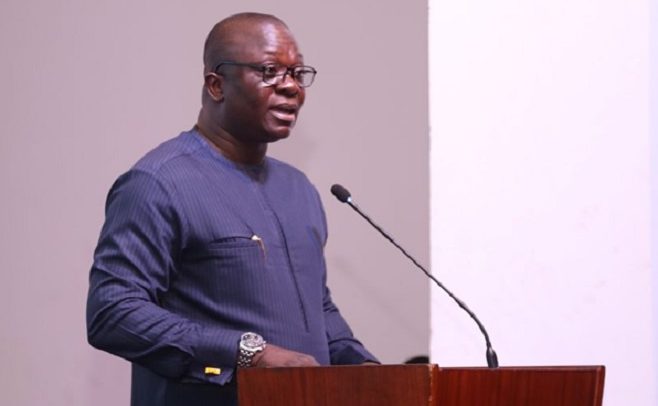
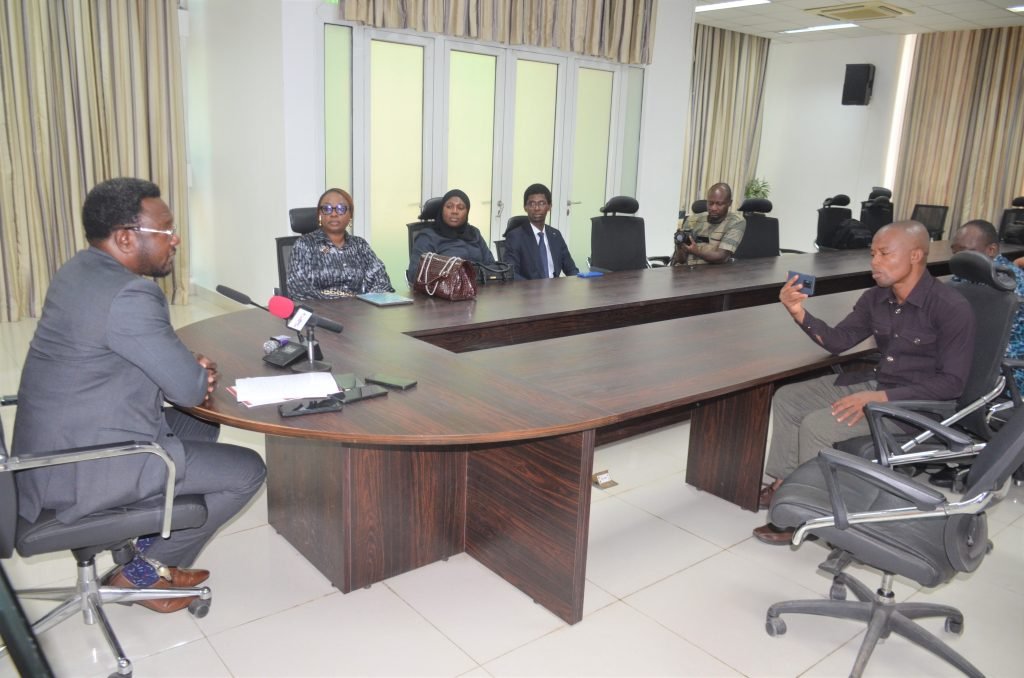
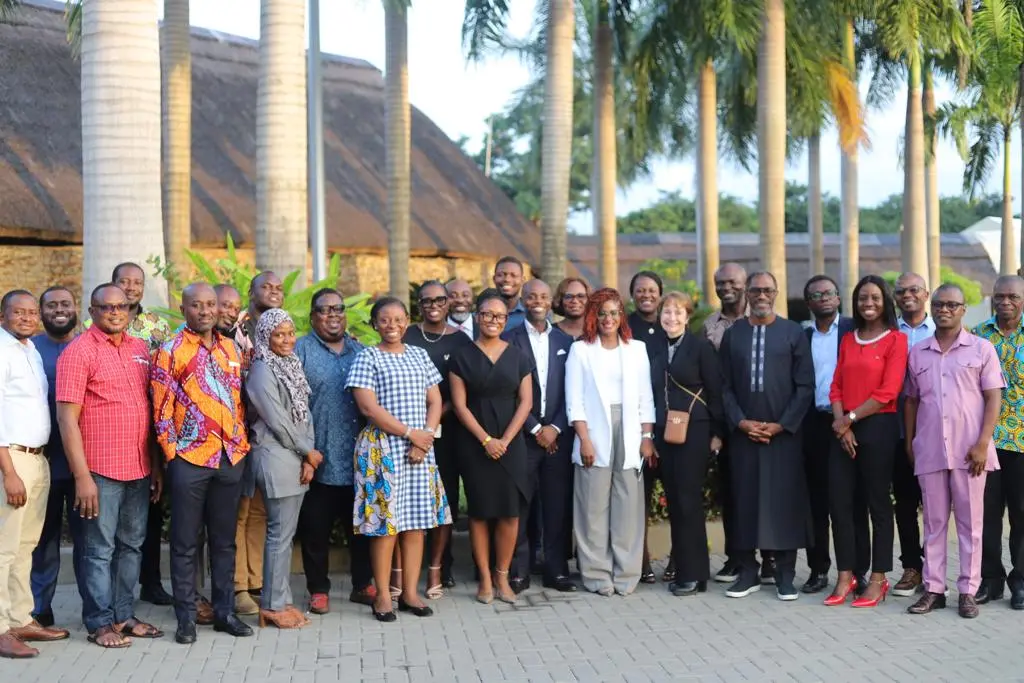
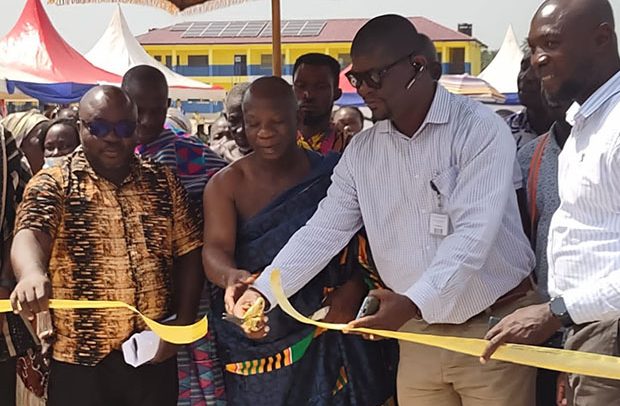







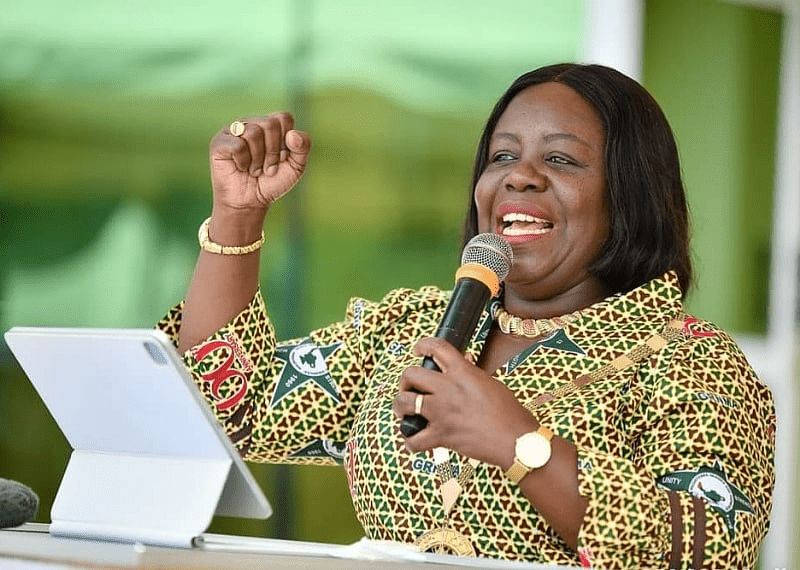

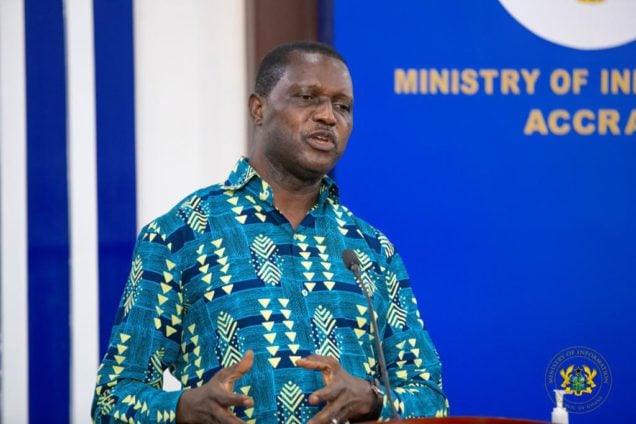






Facebook
Twitter
Pinterest
Instagram
Google+
YouTube
LinkedIn
RSS